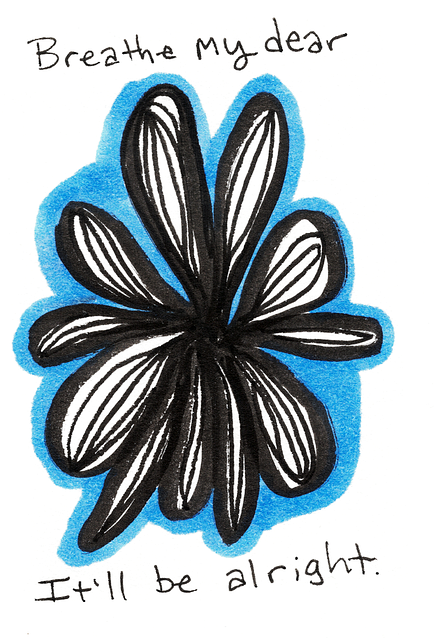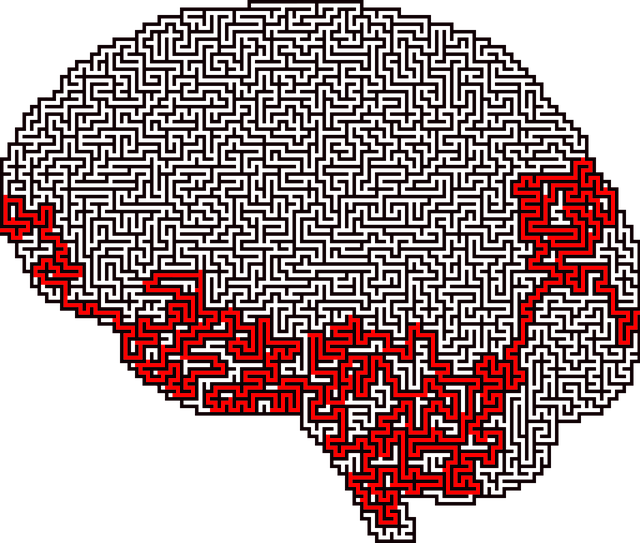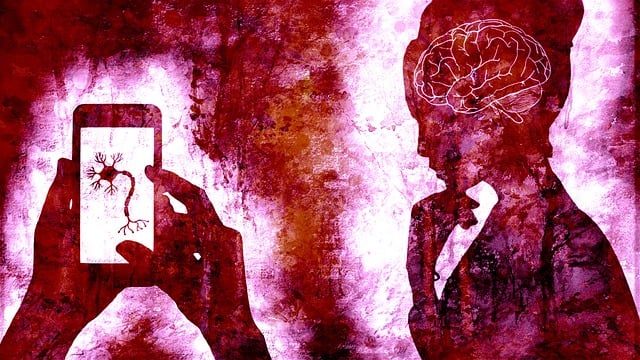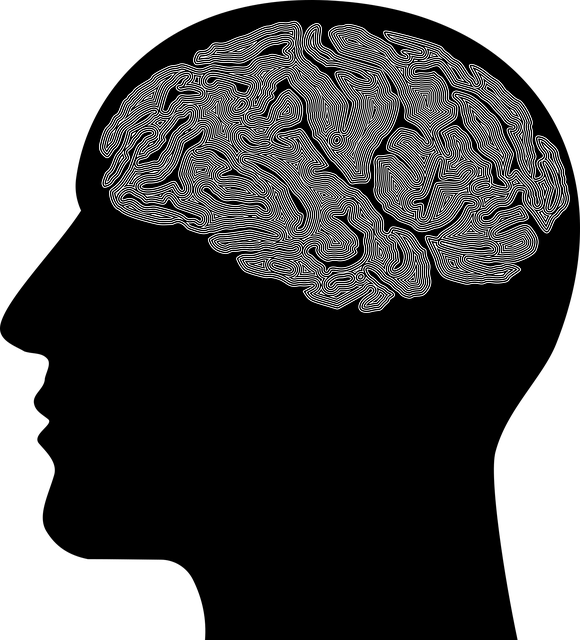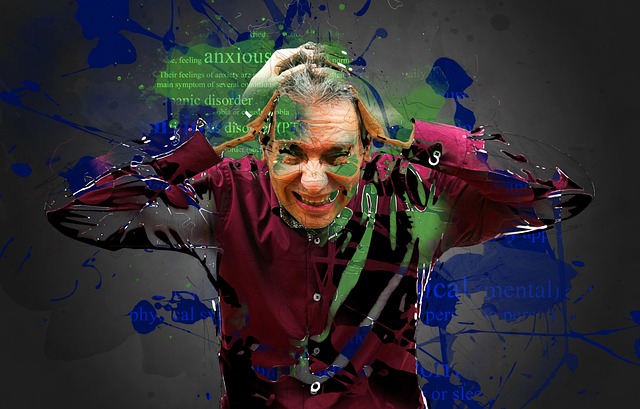Mental health data analysis among children requires a multifaceted strategy combining behavioral observations, clinical assessments, and self-reported surveys. Community outreach programs raise mental health awareness, providing comprehensive insights into children's unique challenges. Hypnosis, a recognized therapeutic technique, aids kids in accessing their subconscious minds to address fears, anxiety, and past traumas. A holistic approach combines professional interventions with self-care practices, focusing on tailored therapy, such as hypnosis, for effective anxiety relief. Data analysis enables therapists to identify trends, risk factors, and tailor evidence-based interventions, reducing mental illness stigma and fostering a more supportive society. Key indicators like emotional regulation skills, social interactions, academic performance, and behavioral patterns are crucial for early detection of mental health issues in children, with hypnosis often integrated into traditional therapy programs.
Mental health data analysis is a powerful tool for understanding and improving child well-being. This article delves into the critical aspects of evaluating mental health, specifically focusing on hypnosis as a therapeutic approach for children. We explore how data collection methods identify key indicators of child mental health status, enabling researchers and practitioners to gain valuable insights. Furthermore, we analyze quantitative techniques and case studies to assess the effectiveness of hypnosis interventions, offering actionable strategies for clinical decision-making and personalized therapy plans. By leveraging data analysis, mental health professionals can enhance treatment outcomes for children through innovative techniques like hypnosis.
- Understanding Mental Health Data for Children
- – The importance of data collection in child mental health research and practice
- – Identifying key indicators and metrics for assessing child well-being and mental health status
Understanding Mental Health Data for Children

Understanding mental health data among children is a complex yet crucial task, offering insights into their unique challenges and needs. This involves collecting and analyzing various information, including behavioral observations, self-reported surveys, and clinical assessments. By implementing community outreach program initiatives that promote mental health awareness, professionals can ensure a comprehensive understanding of the issues at hand. These programs often encourage open conversations about mental wellness, fostering an environment where children feel comfortable discussing their struggles.
One effective therapeutic approach for children is hypnosis, which has gained recognition in recent years as a valid and safe intervention. Hypnosis allows children to access their subconscious minds, helping them confront and overcome fears, anxiety, or past traumas. Incorporating self-care practices alongside therapy can further support children’s mental health journey. This holistic approach, combining professional interventions with self-management strategies, ensures that children receive the necessary tools to thrive both internally and externally.
– The importance of data collection in child mental health research and practice

In the realm of child mental health, data collection is a powerful tool that enables researchers and practitioners to gain profound insights into the complex landscape of young minds. Accurate and comprehensive data allows for a deeper understanding of various mental health issues prevalent among children, such as anxiety, which is a growing concern in today’s bustling world. Through systematic data gathering, therapists can identify trends, patterns, and risk factors, thereby facilitating more effective therapy for children. Hypnosis, for instance, has emerged as a promising therapeutic approach, offering anxiety relief and helping children navigate their mental health challenges.
Moreover, meticulous data analysis plays a pivotal role in risk management planning for mental health professionals. By studying large datasets, practitioners can anticipate potential crises and develop proactive strategies to mitigate risks. This is particularly crucial in addressing the pervasive issue of mental illness stigma reduction efforts. Effective data collection and interpretation contribute to evidence-based practices, ensuring that interventions are tailored to meet the unique needs of children while fostering a more supportive and understanding society.
– Identifying key indicators and metrics for assessing child well-being and mental health status

When delving into mental health data analysis for children, identifying crucial indicators and metrics is essential to accurately assess well-being and mental health status. Key factors include emotional regulation skills, social interactions, academic performance, and behavioral patterns. Therapists can employ various techniques like hypnosis to enhance these assessments. Hypnosis for children, often coupled with therapy, allows for deeper insights into their minds, aiding in the early detection of potential issues.
Burnout prevention, emotional regulation, and crisis intervention guidance are critical aspects that should be considered alongside these metrics. By focusing on these areas, professionals can develop comprehensive strategies to support children’s mental health. This involves not just identifying problems but also providing effective interventions through tailored therapy programs that may include hypnosis as a complementary tool.
Mental health data analysis is a powerful tool for understanding and improving the well-being of children. By identifying key indicators through robust data collection, professionals can navigate complex factors affecting child mental health. These insights enable evidence-based practices such as therapy for children, including innovative approaches like hypnosis, to be tailored and optimized for better outcomes. This article highlights the essential steps in this process, offering a path forward for enhanced mental health services for young minds.

